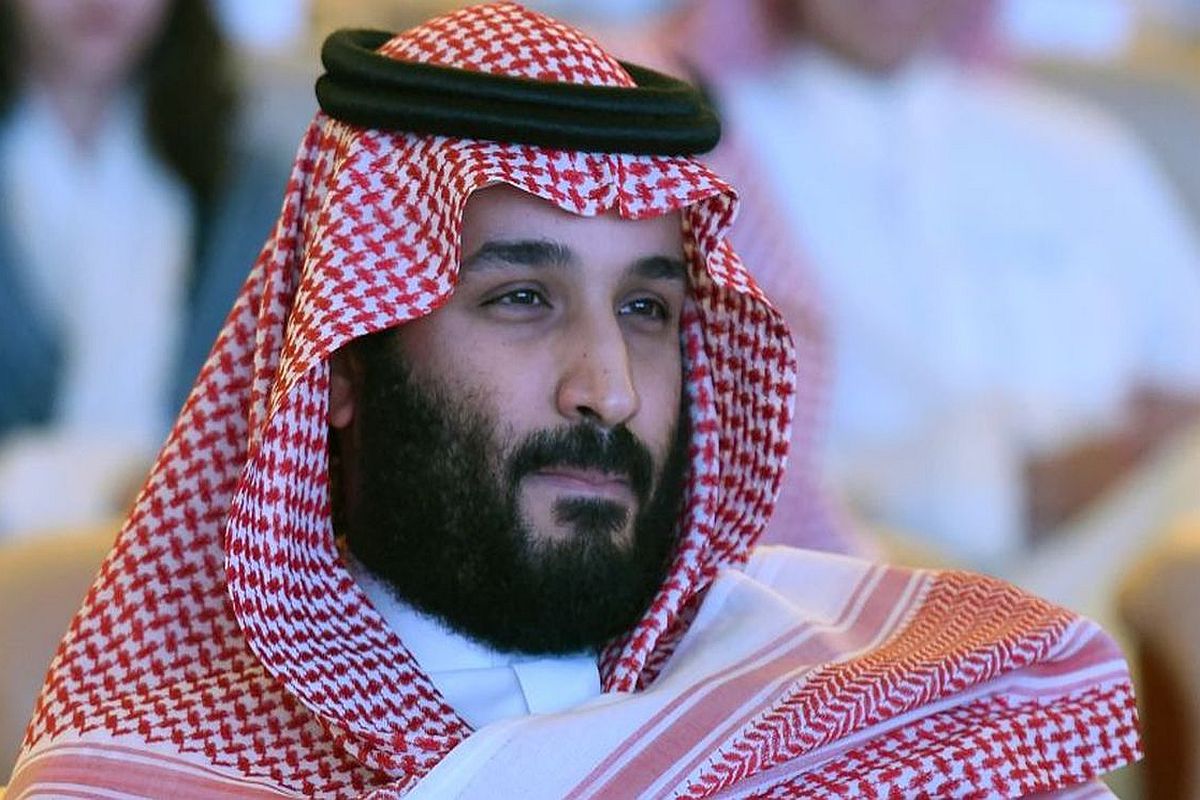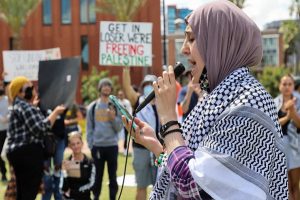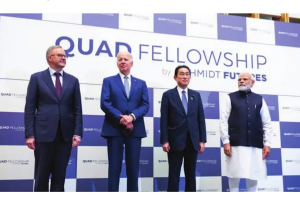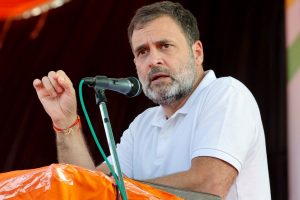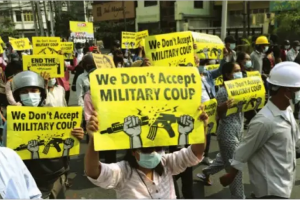Saudi Arabia crown prince Mohammad bin Salman have detained three royal family members including two senior princes Prince Ahmed bin Abdulaziz al-Saud and Prince Mohammed bin Nayef, signaling that Salman is further tightening his grip on power, the US media reported on Friday.
Prince Ahmed bin Abdulaziz al-Saud, younger brother of King Salman, and the monarch’s nephew Prince Mohammed bin Nayef were taken from their homes early Friday by royal guards after being accused of treason, the Wall Street Journal claimed.
Guards arrived at the homes of the royals wearing masks and dressed in black, and searched their homes, the BBC cited the Wall Street Journal as saying in its report.
According to The New York Times report, Prince Nayef’s younger brother Prince Nawaf bin Nayef had also been detained.
The critics of Prince Salman who don’t want him to be on the royal thrown were pinning their hopes on Prince Ahmed bin Abdulaziz.
Mohammed bin Nayef was the Kingdom’s Interior Minister until he was removed from his role and placed under house arrest by incumbent Crown Prince Mohammed bin Salman in 2017.
Nayef, was next in line to the throne before he was suddenly replaced three years ago. As Interior Minister, he was credited with defeating the Al Qaeda insurgency that gripped Saudi Arabia in the 2000s
Saudi authorities did not immediately respond to requests for comment.
The latest detentions demonstrated by de facto ruler Crown Prince Mohammed bin Salman, shows how he has tightened his grip on power by eliminating his rivals, with the imprisonment of prominent clerics and activists as well as princes and business elites.
In 2017, dozens of Saudi royal figures, ministers and businessmen were confined to the Ritz-Carlton hotel in Riyadh after the Crown Prince ordered their arrests.
Prince Salman, the king’s son, has also faced a torrent of international condemnation over the murder of critic Jamal Khashoggi inside the kingdom’s Istanbul consulate in October 2018.
Prince Ahmed, said to be in his 70s, had returned to the kingdom from his base in London in the aftermath of the Khashoggi scandal, in what some saw as an effort to shore up support for the monarchy.
In December, a Saudi court exonerated Prince Salman’s top aides over the murder of Khashoggi, a verdict condemned globally as a travesty of justice but backed by Washington.
Both the CIA and United Nations special envoy Agnes Callamard have directly linked Prince Mohammed to the killing, a charge the kingdom vehemently denies.
In June 2017, Prince Mohammed had edged out Prince Nayef, the former crown prince and interior minister, to become heir to the Arab world’s most powerful throne.
At the time, Saudi television channels showed Prince Mohammed kissing the hand of the older prince and kneeling before him in a show of reverence.
Western media reports later said that the deposed prince had been placed under house arrest, a claim strongly denied by Saudi authorities.
“Prince Mohammed is emboldened — he has already ousted any threats to his rise and jailed or murdered critics of his regime without any repercussion,” Becca Wasser, a policy analyst at the US-based RAND Corporation, said of the latest crackdown.
“This is a further step to shore up his power and a message to anyone — including royals — not to cross him.”
Saudi Arabia currently has barred the Muslim pilgrims from Islam’s holiest sites to contain the novel Coronavirus.
During these sensitive times, the kingdom has suspended the “umrah” year-round pilgrimage over fears of the disease spreading to Mecca and Medina, raising uncertainty over the upcoming hajj — a key pillar of Islam.
With the prices of crude nosediving after the Coronavirus effecting the demand worldwide, the oil-rich Saudi Arabia, one of the biggest producer of crude oil is facing a huge economic crisis as oil being its major source of revenue.
(With inputs from AFP)

